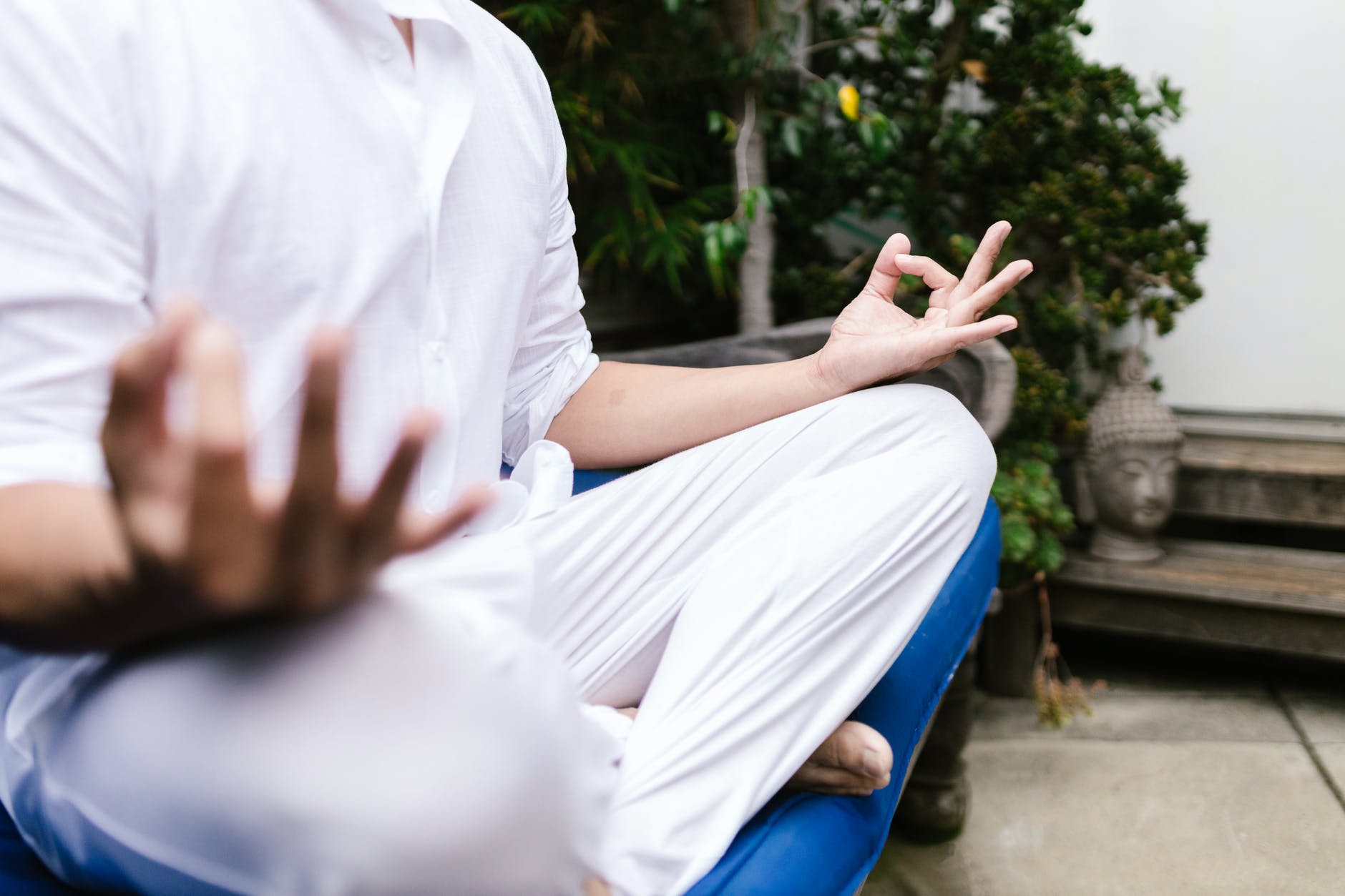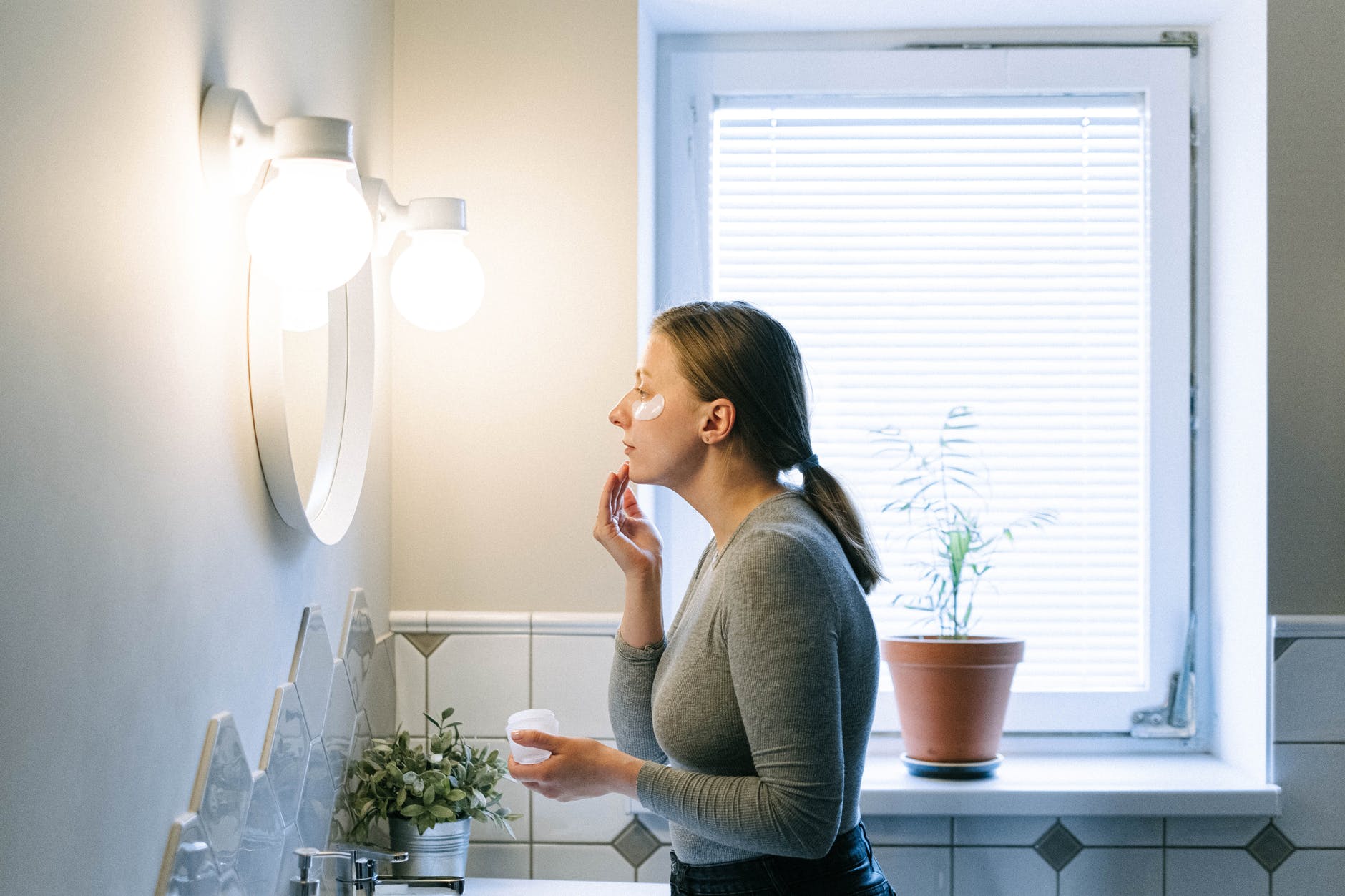A digital detox refers to a period of time when you refrain from using digital devices such as smartphones, televisions, computers, and social media sites.
Some reasons you may need a digital detox:
- Checking your social media accounts is the first thing you do when you have nothing to do
- You are constantly missing sleep to stay on your devices
- You are fixated with the like, comment, or share counts on your social media posts
A digital detox does not mean you have to give up social media and Netflix for the rest of your life. Rather, it is about taking steps to become more more mindful of gadget usage so that you reduce dependency and improve your physical, mental, and even social well-being. By going on a digital detox, you can focus on real-life social interactions without distractions, let go of the stress that comes from constant connectivity, and improve your physical health.
Dinah Salonga, a mindfulness facilitato, wellness advocate, and co-founder of YogaPlus Inc, Manila’s premiere yoga studio, shares some ways you can successfully achieve a digital detox.
- Recognize when your digital use is becoming excessive.
“The first step to doing a digital detox is acknowledging that there is a problem,” Dinah suggests. Are your loved ones complaining that you are spending too much time online? Are the number of likes in your posts affecting your mood for the day? Is your work suffering because you are tired from staying up all night binge-watching? “These are signs that you are becoming addicted to digital devices,” she advises.
- Set limits. If you cannot completely disconnect (i.e. your work requires you to be on social media), set boundaries. “For example, allot only one hour a day to work on your posts or engage with your followers. Set the phone aside during mealtimes or when you are spending time with loved ones. Stop watching the tv series when it’s 30 minutes before bedtime,” Dinah suggests.
- Hack the hormones. “The happiness chemical dopamine is released by our brain whenever we come across something new and pleasurable,” Dinah explains. “When we see people liking our posts on social media, discover a new, entertaining show on a streaming app, or beat our previous record in a video game, we get a dopamine rush and keep wanting more, leading to a digital dependency.”
The key to an effective digital detox, therefore, is to replace time spent on digital devices with another activity that will give the same dopamine high but is not as harmful.
Dinah Salonga, Co-founder of YogaPlus Inc
The key to an effective digital detox, therefore, is to replace time spent on digital devices with another activity that will give the same dopamine high but is not as harmful. “Anything that will give you a sense of accomplishment – such as crafting, working on a puzzle, learning a new language, or exercising – will also cause your brain to light up without any negative consequences to your health and well-being,” Dinah says.

- Change the pattern. Is your smartphone the first thing you pick up when you are bored? Do you decompress after a long day at work by binge-watching the latest series? If digital devices have become ingrained in your day to day behavior, try to introduce new habits to break the pattern. If you are bored, go for a walk; if you are stressed, meditate.
- Listen to your body’s signals. Don’t ignore warning signs that you are spending too much time on your devices, such as an aching back, blurry vision, or fatigue. These are your body’s way of telling you that you need to take a break.
- Seek help. You do not have to go through a digital detox alone. Ask a friend or family member to act as an accountability partner. “Choose someone who will tell you to go to sleep when they see you chatting past your bedtime, or even be willing to take your phone away if you have been spending too much time on social media,” Dinah advises.
Help can also be in the form of a MindNation WellBeing Coach who can teach you techniques to form healthier habits; an initial 1-hour session costs only P500. Book a session now by emailing [email protected].
Doing a digital detox is challenging because smartphones and apps have become an integral part of our daily lives. Hopefully the tips above can help you reduce – if not eliminate – your dependency on these technologies and free yourself to spend more time and energy on the things that matter.



